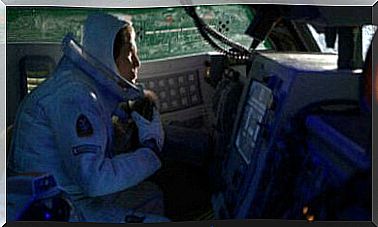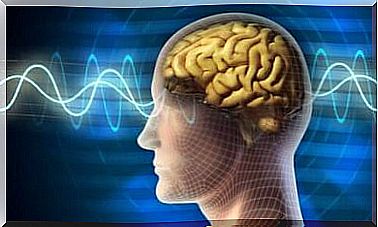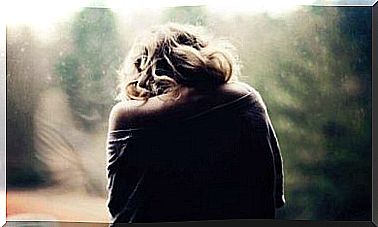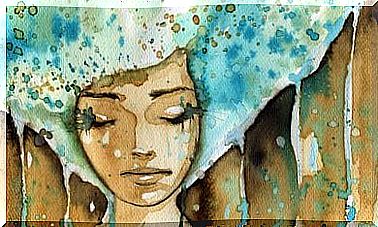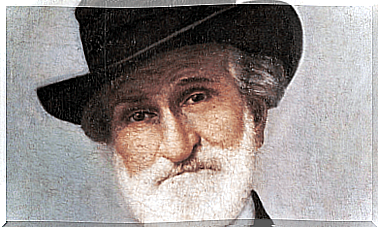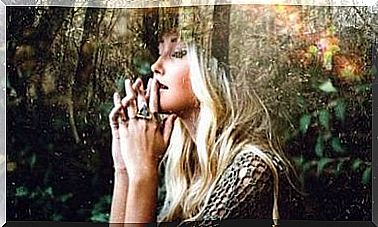Tell Me Again What It Was Like When I Was Born
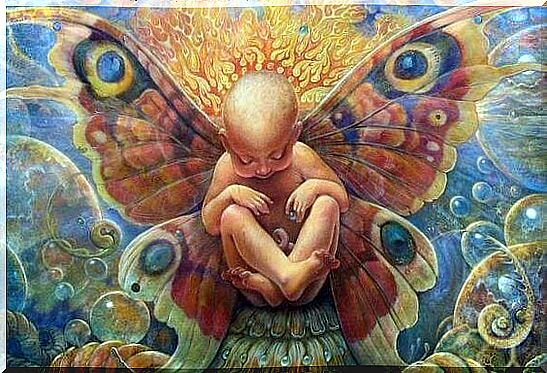
Mom, tell me again what it was like when I was born. Dad, explain to me what you felt, tell me if you were scared during those hours, describe your joy to me… And if when you saw me for the first time, I looked like what you are. was imagined. Tell me again what it was like when I was born, even if I already know the story by heart, because they say that to remember is to relive and without a doubt, to share one’s happiness.
Every child, at some point in his childhood, feels the desire or the curiosity to know how his birth took place. Sometimes it is the parents or even the grandparents who tell this portrait where we often leave aside the obstetrics or even the traumatic of many childbirths, to focus exclusively on the emotional, on the beginning of life haloed by magical anecdotes and symbolic details that will give the child a significant origin, a reference.
“Birth is not an act, it is a process.”
-Erich Fromm-
These stories woven into a family nucleus also define us as people. Knowing “what happened when we were born”, what are the peculiarities that took place and visualizing for a moment our parents discovering us for the first time is something that helps us to situate ourselves, to mark our origin, the first marker of our life. Because if there is something that no one has ever managed to do yet, it is to be able to remember this moment, of his own birth.
Plato said in his texts that the simple act of being born involves starting to “forget”. According to the Athenian sage, when the soul is locked in the body and in its sensitive world, we lose a vast universe of wisdom that was bequeathed to us in a primitive way. So we have to start learning again to “remember” what we once knew, what once was ours.
His theory of reminiscence is not without interesting nuances, and even more so if we ask ourselves, for example, what kinds of instinctive, atavistic and primitive knowledge or wisdoms can have fetuses when they are in this liquid environment, serene and placid that is the maternal uterus …
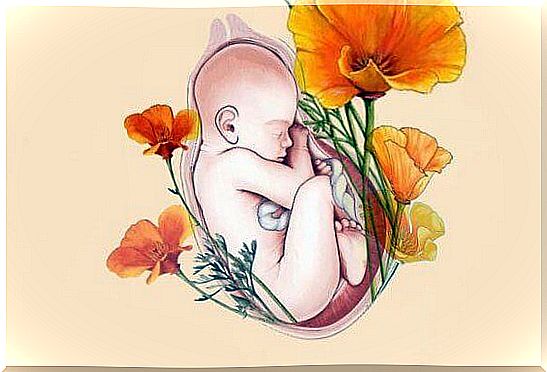
Before we are born we already recognize faces
Before arriving in the world, the fetus already knows that it is human. In his brain, still very immature, is the universe of instincts, throbbing, pumping with force in these brain cells and in these genes where everything we are, everything we need is inscribed. So much so that this baby, who has not yet seen anything from the outside world and who has never had a face in front of him, is able to identify and respond to a face.
In June of this year 2017, Lancaster University, UK published interesting work in the journal “Current Biology” . It explains how fetuses, after 34 weeks, react exclusively to shadows in human form. The researchers projected light through the lining of mothers’ wombs to find out how fetuses turned their heads only to follow images in the shape of a face. The rest of the stimuli, the rest of the forms lacked interest for them.
These experiences have shown two incredible things. The first is that fetuses, between 33 and 34 weeks old, are already able to assimilate sensory information and sort it. The second, and even more fascinating, is that we are programmed to connect with our own species. You don’t need the post-natal experience to know, for example, what mom or dad will look like. The baby will not know their features, of course, but he will “recognize” or “remember” (as Plato would say) what aspects, shapes and proportions are of his same kind.
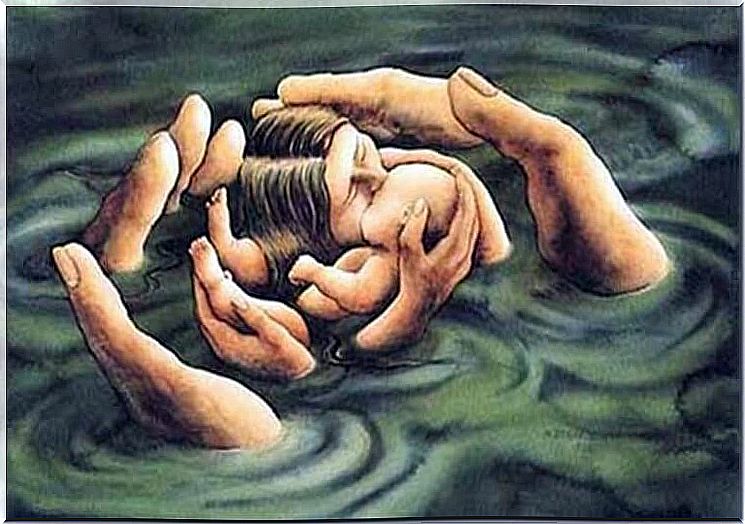
What I remember when I was born
We don’t remember anything from our birth. It is a sea lost in the depth of time, it is a tunnel which blurs in the rare convolutions of a brain which has not yet formed a mature prefrontal cortex. Likewise, this memory is vague if not nonexistent because the brain of the newborn has a rarely functional hippocampus. This structure that determines what sensory information will be transferred to “long-term memory” is not yet active, and will not be for the next three years, until the little one begins to consolidate meaningful memories.
“We both have birthdays. The day we are born, and the day our consciousness awakens. ”
-Maharishi Mahesh-
However, psychologists have discovered that babies of three and six months keep one type of memory for a long time: they are implicit or unconscious evocations, which are stored in the cerebellum and which allow them, for example, to associate feelings of warmth and security in the maternal voice. These are imprints associated with instinct, with this latent rumor of our brain which encourages us, which pushes us to make contact with our own, with what is vital for us.
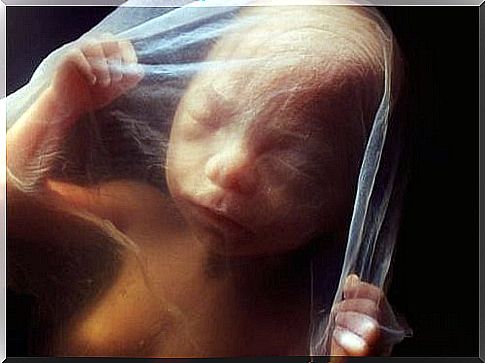
To conclude, we can say that none of us remembers his birth. We do not know the emotions and thoughts that came over us all of a sudden when we made contact with the outside world full of shapes, colors and enraged sounds. Maybe they seemed threatening to us, we felt panic. Maybe that fear even died away immediately, just when we were put on this perfect refuge that is our mother’s skin.
And because we lack memories about the image we had of us and our beginnings in life, we ask our family to tell us about it. To tell us about this story full of details and magic that every mother and father bequeath to their children at some point …
Also read:
